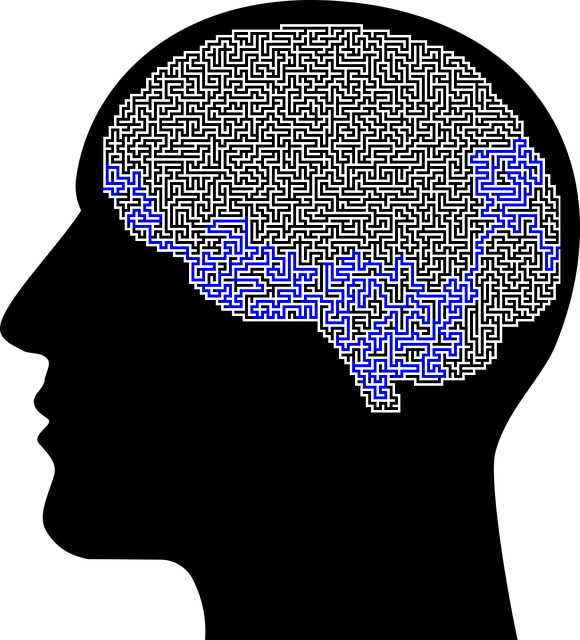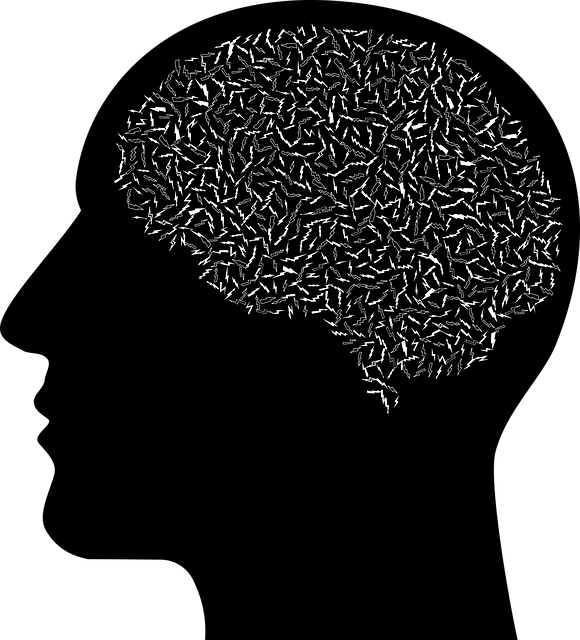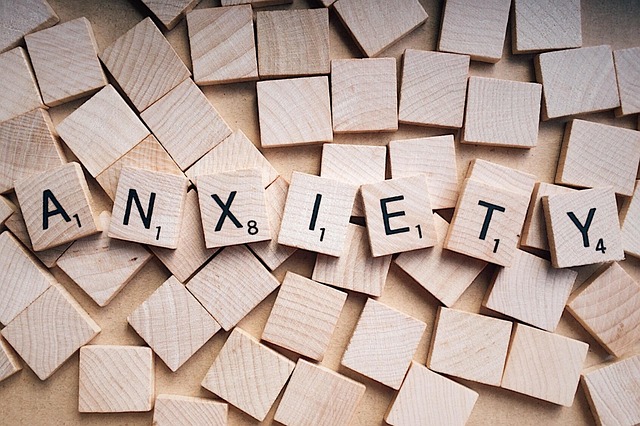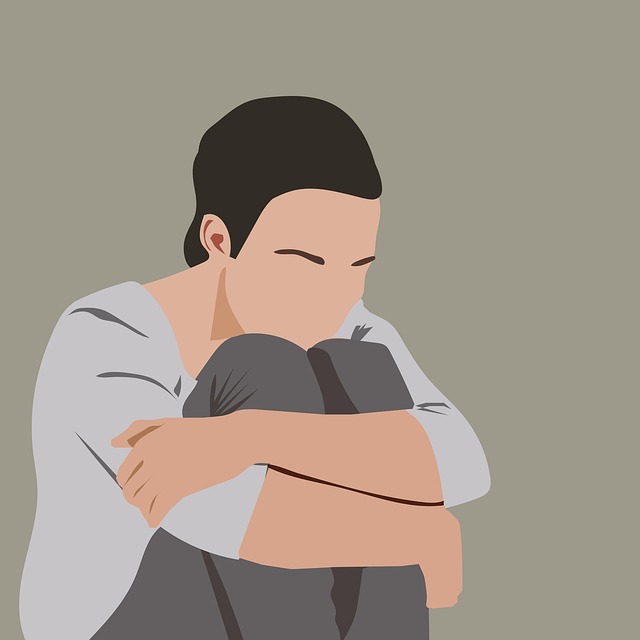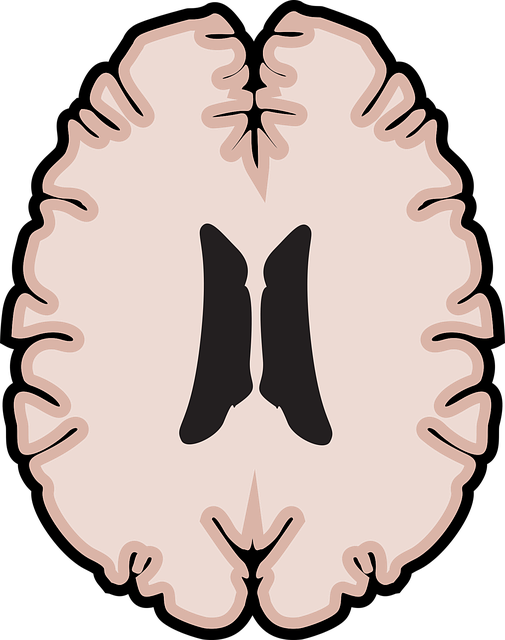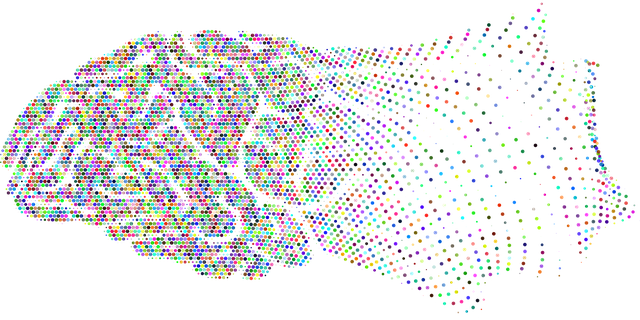Greenwood Village Crisis Counseling Therapy (GVCCT) employs the RFM framework for crisis support, analyzing risks, failures, and mastery experiences to predict and prevent potential crises. They offer holistic therapeutic strategies, including individual counseling, group therapy, and community outreach, focusing on resilience building. Their tailored exercises integrate mindfulness, stress reduction techniques, communication strategies, and confidence-boosting activities. Success is measured through multi-faceted evaluations, tracking behavioral shifts and enhanced coping mechanisms while continuously improving programs based on participant feedback and healthcare provider input.
“In today’s unpredictable world, building resilience is paramount, especially within communities facing frequent crises. This article explores the implementation of RFM (Resilience, Flexibility, and Mastery) in crisis counseling, drawing insights from Greenwood Village Crisis Counseling Therapy. We’ll delve into how structured resilience-building exercises can empower individuals and communities to navigate challenges effectively. By examining case studies and best practices, we’ll uncover strategies for successful integration, measurement, and continuous improvement of RFM techniques, with a particular focus on the innovative approaches employed by Greenwood Village.”
- Understanding RFM and Its Role in Crisis Counseling
- Greenwood Village Crisis Counseling Therapy: An Overview
- Implementing Resilience Building Exercises
- Measuring Success and Continuous Improvement
Understanding RFM and Its Role in Crisis Counseling

At Greenwood Village Crisis Counseling Therapy, we recognize that understanding RFM (Risk, Failure, and Mastery) is pivotal in crisis counseling. This framework helps professionals navigate individuals’ experiences and behaviors during traumatic events, enabling a more effective support system. RFM analyzes an individual’s past risks, recent failures, and mastery experiences to predict and prevent potential crises. By identifying these factors, therapists can develop tailored interventions that strengthen resilience, enhancing one’s ability to cope with future challenges.
The implementation of RFM in crisis counseling is crucial for fostering public awareness campaigns development and coping skills improvement. It facilitates the provision of trauma support services by offering targeted strategies for individuals facing various crises. Through this approach, Greenwood Village Crisis Counseling Therapy ensures that clients not only survive but thrive, developing the mental fortitude to overcome adversity.
Greenwood Village Crisis Counseling Therapy: An Overview

Greenwood Village Crisis Counseling Therapy (GVCCT) is a specialized service that plays a pivotal role in fostering resilience and well-being within the community. This therapeutic approach focuses on providing immediate support during crises, while also empowering individuals to develop coping mechanisms for long-term mental health stability. GVCCT offers a range of services tailored to meet diverse needs, including individual counseling, group therapy sessions, and community outreach programs.
The implementation of these strategies, such as the Community Outreach Program, not only helps in identifying at-risk populations but also facilitates early intervention. By integrating Burnout Prevention Strategies for Healthcare Providers, GVCCT ensures that those who serve others are equipped to manage their own mental health effectively. This holistic approach aims to reduce Anxiety Relief and promote a sense of resilience among all community members, ultimately strengthening the fabric of Greenwood Village.
Implementing Resilience Building Exercises

Implementing Resilience Building Exercises involves a structured approach tailored to suit individuals and communities alike. At Greenwood Village Crisis Counseling Therapy, we recognize that building resilience is a holistic process. It begins with identifying specific challenges faced by participants and designing exercises that cater to their unique needs. These exercises often include Stress Reduction Methods, such as mindfulness meditation and progressive muscle relaxation, aimed at equipping individuals with tools to manage stress effectively.
Moreover, our programs incorporate Communication Strategies and Confidence Boosting activities. Through group discussions, role-playing scenarios, and other interactive exercises, participants learn to express their feelings openly, resolve conflicts constructively, and believe in their ability to navigate life’s challenges. These strategies are vital in fostering a sense of empowerment and self-efficacy, ensuring individuals emerge more resilient and better equipped to face future adversities.
Measuring Success and Continuous Improvement

Measuring Success and Continuous Improvement are vital components of any effective Resilience Building Exercise (RFM) program, especially when tailored for communities like Greenwood Village Crisis Counseling Therapy. The success of these initiatives is not solely determined by the completion of exercises but by observable shifts in behavioral patterns and enhanced coping mechanisms among participants. Using a multifaceted evaluation approach, including pre-and post-assessments, feedback forms, and participant interviews, allows for a comprehensive understanding of the RFM program’s impact.
This process involves assessing changes in mental health indicators, emotional regulation skills, and overall resilience levels. By comparing results from these assessments, therapists at Greenwood Village Crisis Counseling Therapy can gauge individual and collective progress, identify areas that need further attention, and adapt their strategies accordingly. Moreover, incorporating feedback from participants and healthcare providers, such as those who have undergone Healthcare Provider Cultural Competency Training and embraced Mind Over Matter Principles, ensures continuous improvement in the RFM program’s design and delivery.
The implementation of RFM and resilience-building exercises, as demonstrated by Greenwood Village Crisis Counseling Therapy, offers a powerful approach to crisis counseling. By combining robust strategies with a focus on individual resilience, this method enhances the effectiveness of support systems. Measuring success through continuous improvement ensures that services remain tailored to the evolving needs of those facing crises. Incorporating these practices can significantly contribute to the overall well-being and resilience of individuals within communities, reflecting the essence of Greenwood Village’s innovative therapy model.

